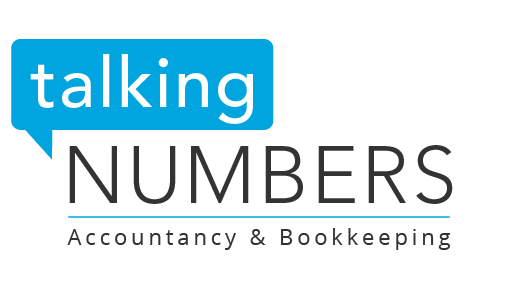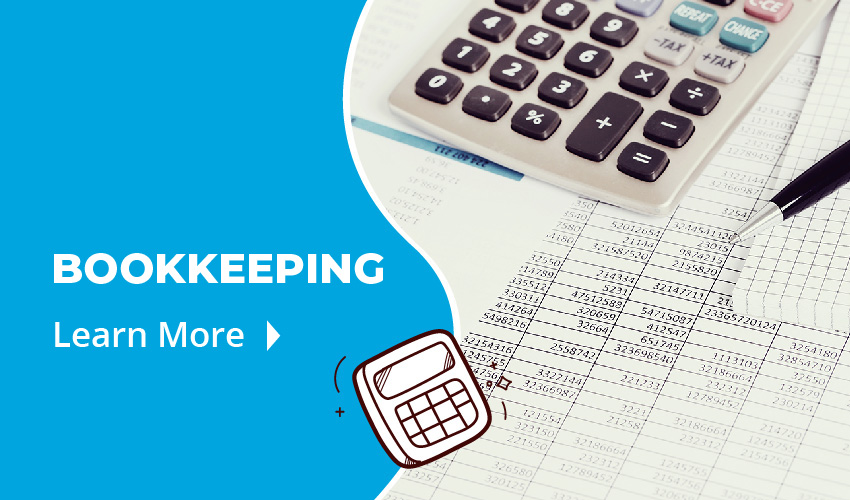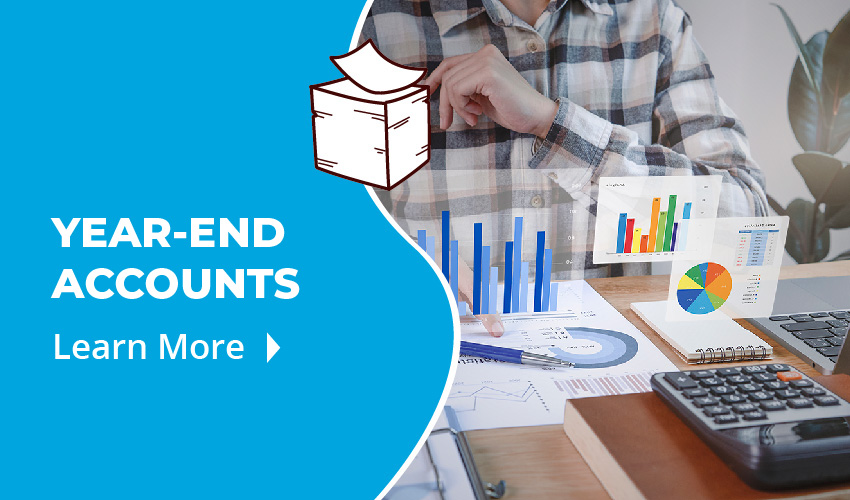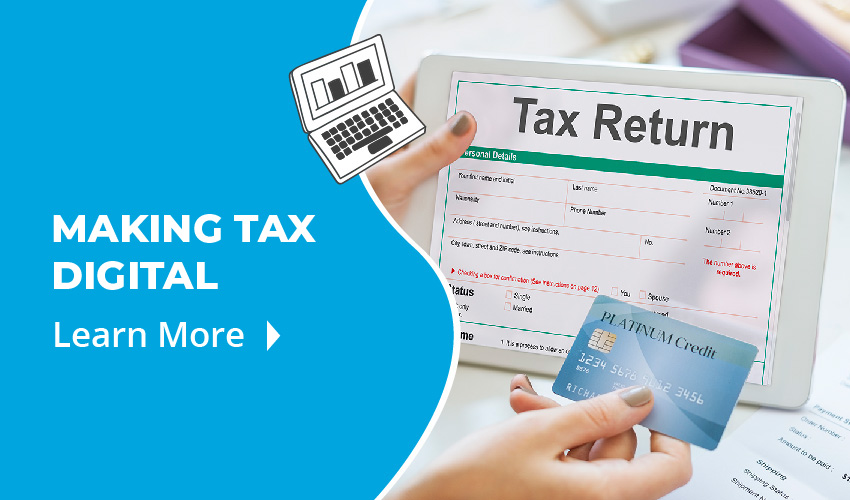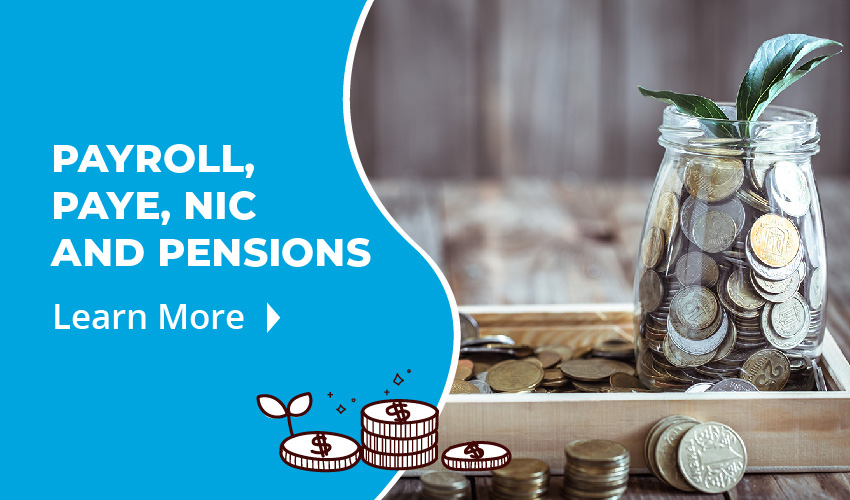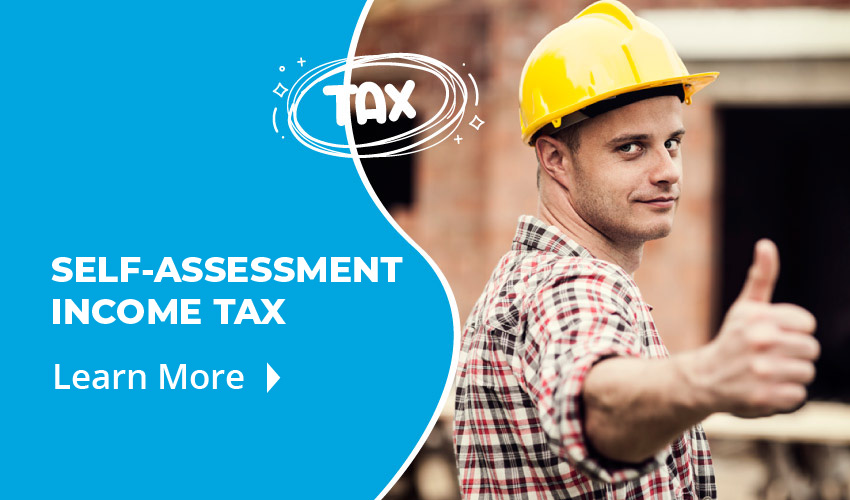On 17 November 2022, the UK Government Chancellor, Jeremy Hunt, confirmed that the planned rise in corporation tax will go ahead on 1 April 2023. This means what the rate of corporation tax will increase to 25% for profits for the financial year 2023-24. But it’s not quite as simple as that…
What is Corporation tax?
Corporation tax is payable by UK limited companies and some other organisations on their profits from doing business in the UK and abroad. Foreign companies will also pay corporation tax where they have a branch or office in the UK. It is also payable on capital gains when a company sells assets.
How much does my company need to pay?
The rate for corporation tax is currently set at 19% for the financial year from 1 April 2022 to 31 March 2023.
From 1 April 2023, the main rate will increase to 25% for companies with profits over £250,000. This is where things become a bit more complicated, as companies earning less than £50,000 will still pay the 19% “Small Profits Rate”. For companies with profits between £50,000 and £250,000, they will pay a “tapered rate” somewhere in between 19% and 25% depending on the size of the profits.
This means a company with profits of under £50,000 will see no change when the rates increase, but that a company earning over that figure will pay more corporation tax.
A company with annual profits of £70,000 will pay around £1,500 per year more in corporation tax and a company with annual profits of £100,000 will pay £3,750 more each year.
Does this have an impact on anything else?
It is worth remembering that dividends are paid by a company after corporation tax, so any dividends that you take from the company will now be “taxed” at a higher rate.
The dividend rates were frozen in the Autumn Statement, but the dividend allowance – the amount of dividends that you can take tax-free – will decrease from 1 April 2023 from £2,000 per year to £1,000 per year. From 1 April 2024, it will decrease to £500 per year.
Remember that you also pay income tax on dividends, although this is at a lower rate than regular income.
Talking Numbers can work with you to make sure that you are making the most of all available allowances and reliefs. We can make sense of complex tax laws and make sure that you can focus on running your business. Get in touch today for a free, no-obligation consultation.
